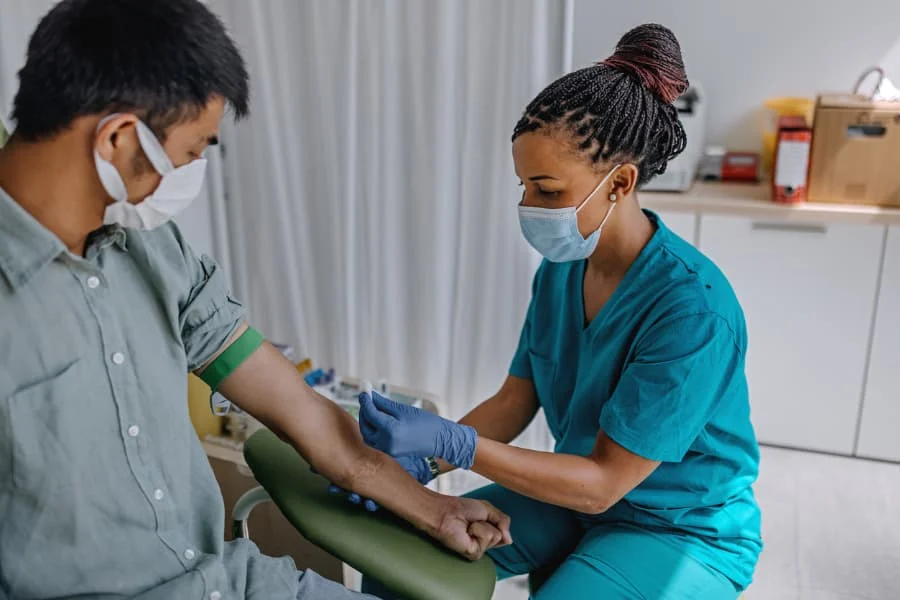In today’s fast-paced world, the pursuit of well-being often leads individuals to explore alternative approaches to healthcare. One such avenue gaining traction is the use of organic home remedies. These remedies, derived from natural sources, offer a holistic approach to health and wellness, tapping into the healing power of nature.
Understanding Organic Remedies
What are organic remedies?
Organic remedies encompass a wide range of natural substances, including herbs, plants, minerals, and essential oils, utilized for their therapeutic properties. Unlike conventional pharmaceuticals, organic remedies are often minimally processed and free from synthetic chemicals.
How do they differ from conventional treatments?
Conventional treatments typically rely on synthetic compounds and pharmaceuticals manufactured in laboratories. In contrast, organic remedies harness the innate healing properties of plants and other natural substances, aiming to support the body’s self-healing mechanisms.
Benefits of Embracing Nature’s Healing Power
Natural Ingredients
Organic remedies utilize ingredients sourced directly from nature, providing a pure and unadulterated form of treatment. This natural approach resonates with individuals seeking alternatives to synthetic medications.
Reduced Side Effects
Unlike many pharmaceutical drugs, organic remedies often have fewer adverse effects, owing to their gentle and holistic nature. By working in harmony with the body, these remedies minimize the risk of harmful reactions.
Sustainability
The cultivation and production of organic remedies prioritize sustainability, emphasizing practices that protect the environment and preserve natural resources. This eco-conscious approach aligns with the growing global focus on sustainability and ethical consumption.
Popular Organic Home Remedies
Organic remedies come in various forms, each offering unique benefits for health and wellness.
Herbal Teas and Infusions
Herbal teas are a popular choice for promoting relaxation, improving digestion, and boosting immunity. Ingredients such as chamomile, peppermint, and ginger possess soothing properties that can alleviate various ailments.
Essential Oils
Essential oils are highly concentrated extracts derived from plants, renowned for their therapeutic effects. From lavender for stress relief to tea tree for its antiseptic properties, essential oils offer versatile solutions for wellness.
Natural Skincare Remedies
Many organic ingredients, such as aloe vera, coconut oil, and honey, are prized for their skincare benefits. These natural remedies nourish and hydrate the skin, promoting a radiant complexion without the use of harsh chemicals.
Herbal Supplements
Herbal supplements, available in capsule or tincture form, offer concentrated doses of plant-based nutrients. From boosting energy levels to supporting immune function, these supplements address a wide range of health concerns.
Incorporating Organic Remedies into Daily Life
Creating a Natural First Aid Kit
Stocking up on essential oils, herbal extracts, and soothing balms enables individuals to address minor injuries and ailments naturally. From cuts and bruises to headaches and muscle soreness, organic remedies offer effective solutions for everyday health issues.
DIY Remedies for Common Ailments
Many everyday ingredients found in the kitchen can double as potent remedies for common ailments. Lemon and honey for sore throats, ginger for nausea, and turmeric for inflammation are just a few examples of natural remedies that can be easily incorporated into daily life.
Integrating Organic Practices into Skincare Routines
By opting for natural skincare products and incorporating homemade remedies into their routines, individuals can achieve glowing skin without exposing themselves to potentially harmful chemicals. Ingredients like oatmeal, avocado, and rosewater offer gentle yet effective skincare solutions.
Safety Considerations and Precautions
Consulting Healthcare Professionals
While organic remedies are generally safe for most individuals, it’s essential to consult with a healthcare professional before embarking on any new treatment regimen, particularly for those with pre-existing medical conditions or taking prescription medications.
Allergic Reactions and Sensitivities
Even natural ingredients can cause allergic reactions or sensitivities in some individuals. It’s crucial to perform a patch test before using new products and discontinue use if any adverse reactions occur.
Proper Dosages and Usage Guidelines
Following recommended dosage guidelines and usage instructions is vital when using organic remedies. Overuse or misuse of certain substances can lead to adverse effects or diminish their efficacy.
Challenges and Misconceptions
Accessibility and Affordability
While organic remedies offer numerous benefits, they may not always be readily accessible or affordable for everyone. Addressing disparities in access to natural healthcare remains a challenge, particularly in underserved communities.
Effectiveness Compared to Conventional Medicine
Some individuals may doubt the efficacy of organic remedies compared to conventional medicine. However, numerous studies and anecdotal evidence support the effectiveness of natural treatments for various health conditions.
Overcoming Skepticism
Skepticism surrounding organic remedies often stems from a lack of scientific understanding or misinformation. Educating the public about the benefits and safety of natural healthcare can help dispel misconceptions and foster greater acceptance.
Case Studies and Success Stories
Personal Anecdotes of Individuals Benefiting from Organic Remedies
Many individuals have experienced significant improvements in their health and well-being through the use of organic remedies. From managing chronic conditions to enhancing overall vitality, these success stories highlight the transformative potential of natural healthcare.

 Health10 months ago
Health10 months ago
 Tech9 months ago
Tech9 months ago
 Games7 months ago
Games7 months ago
 Entertainment10 months ago
Entertainment10 months ago
 NEWS10 months ago
NEWS10 months ago
 Games10 months ago
Games10 months ago
 Games10 months ago
Games10 months ago
 NEWS10 months ago
NEWS10 months ago






